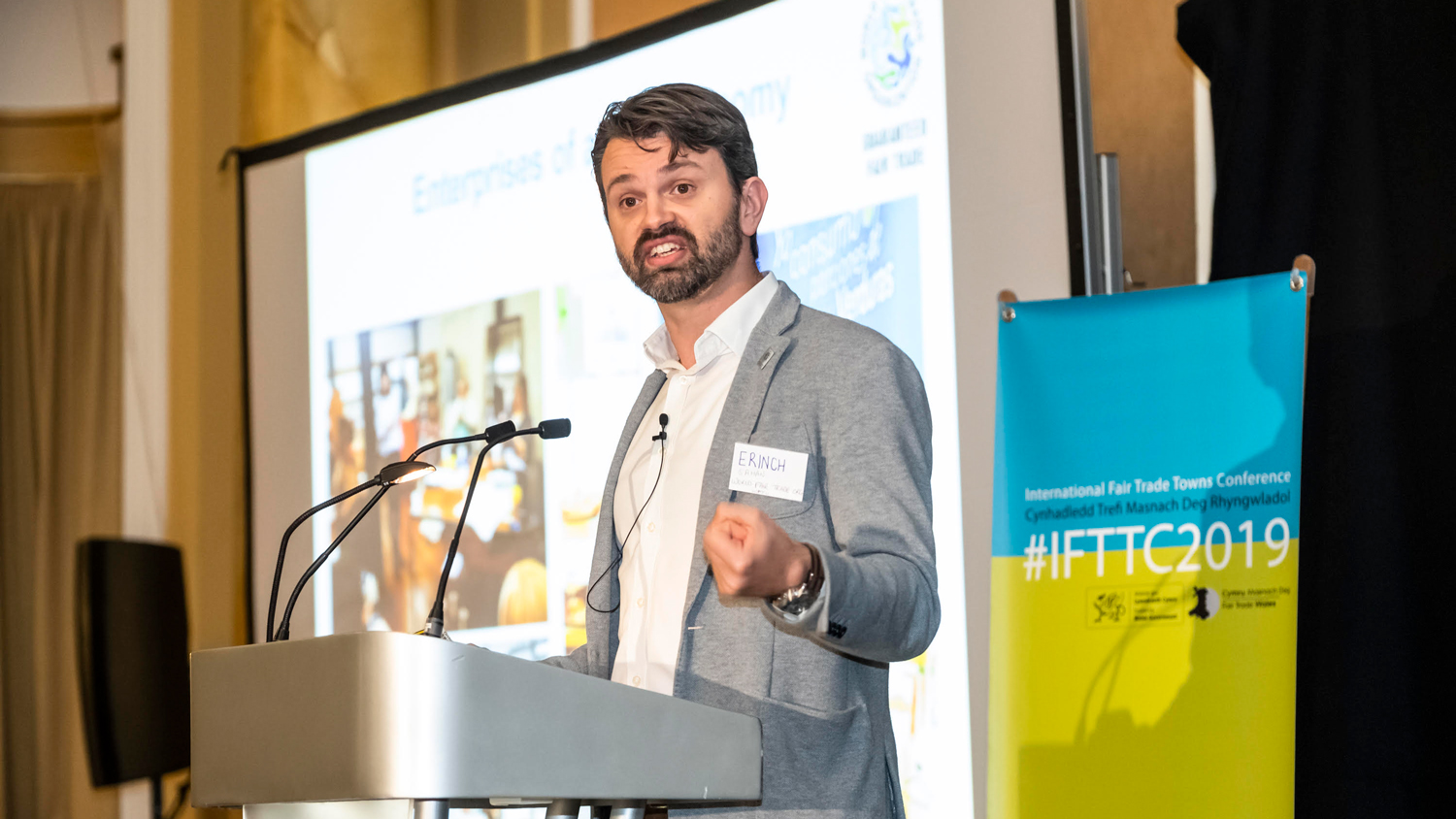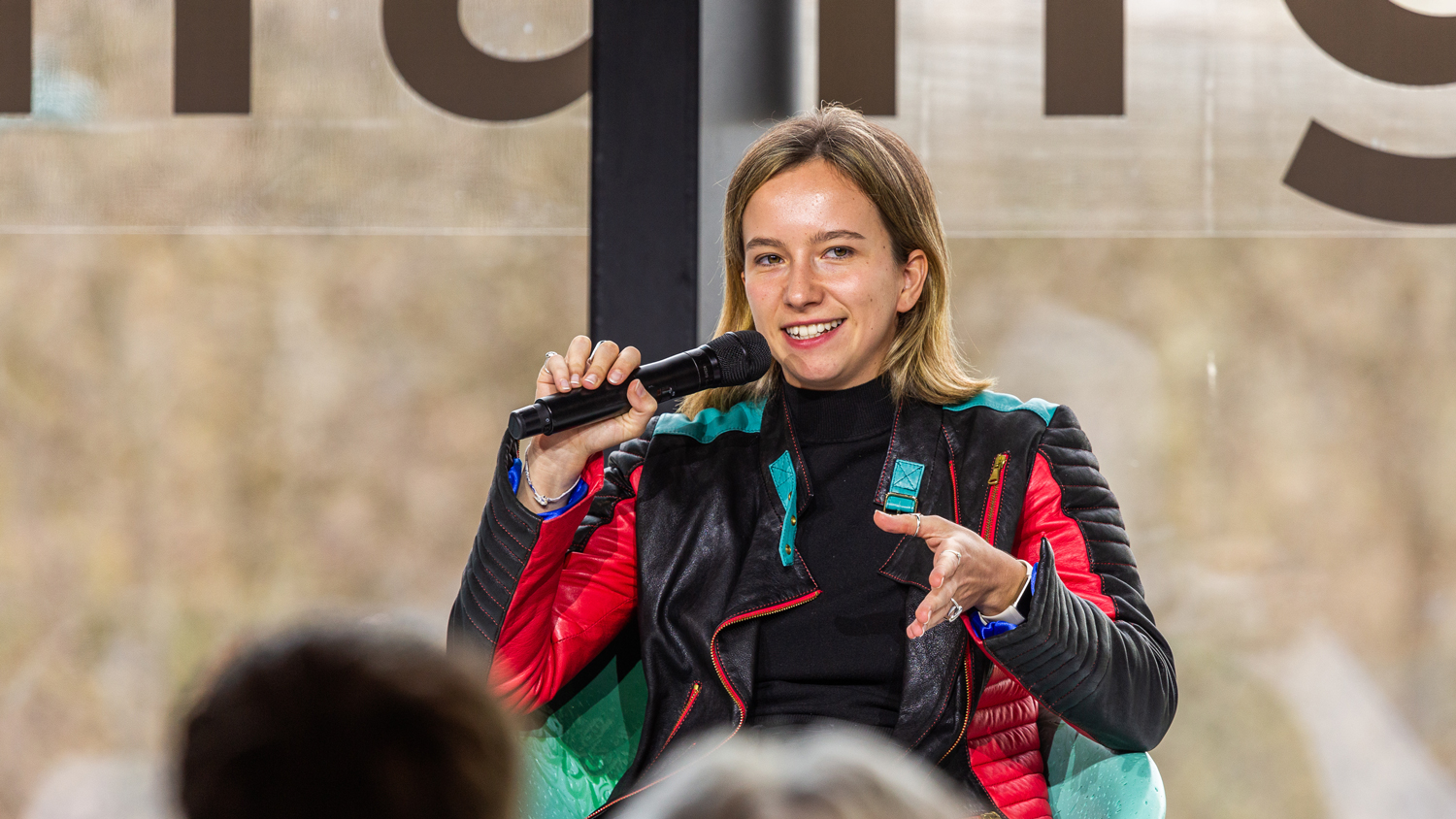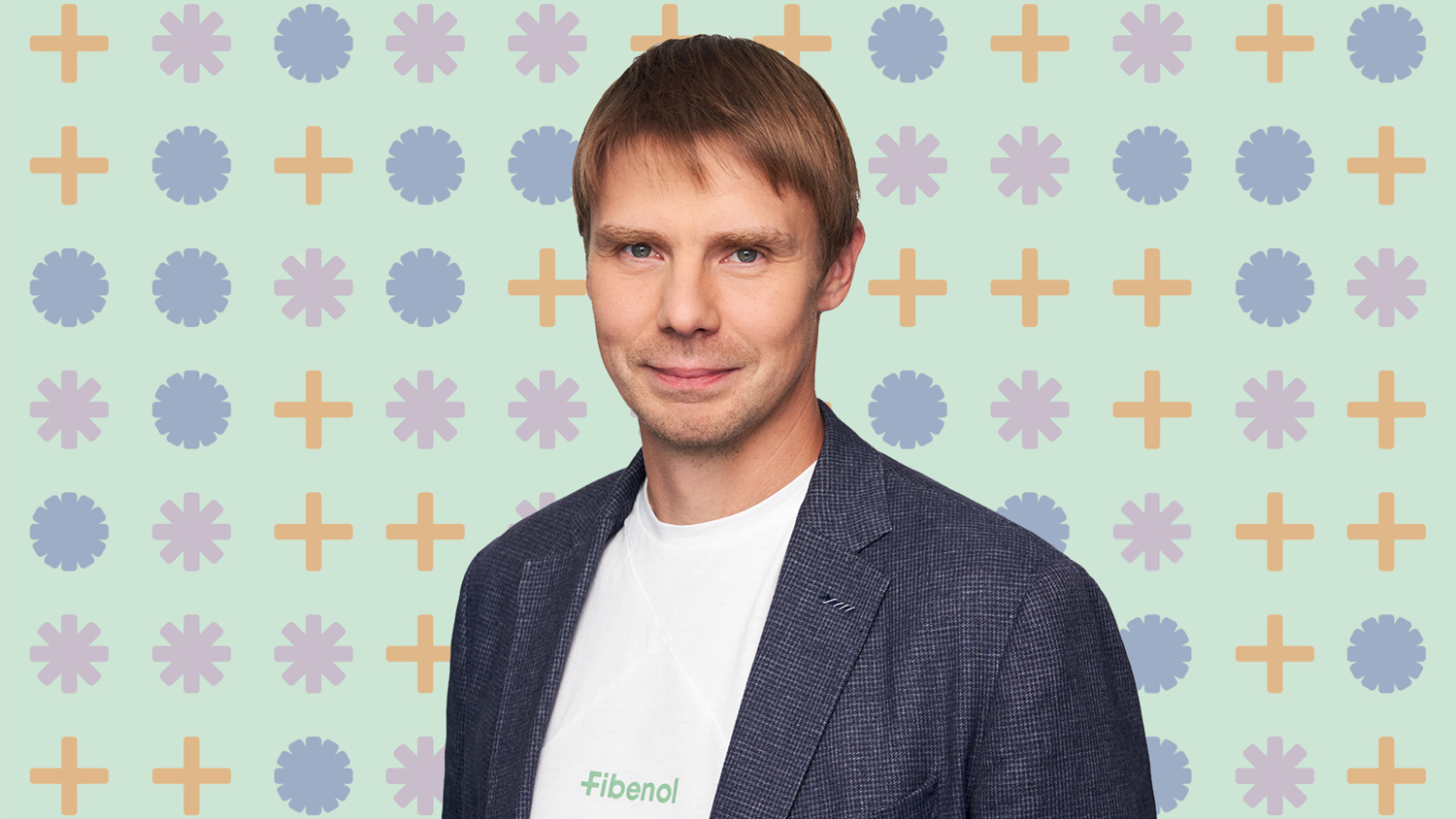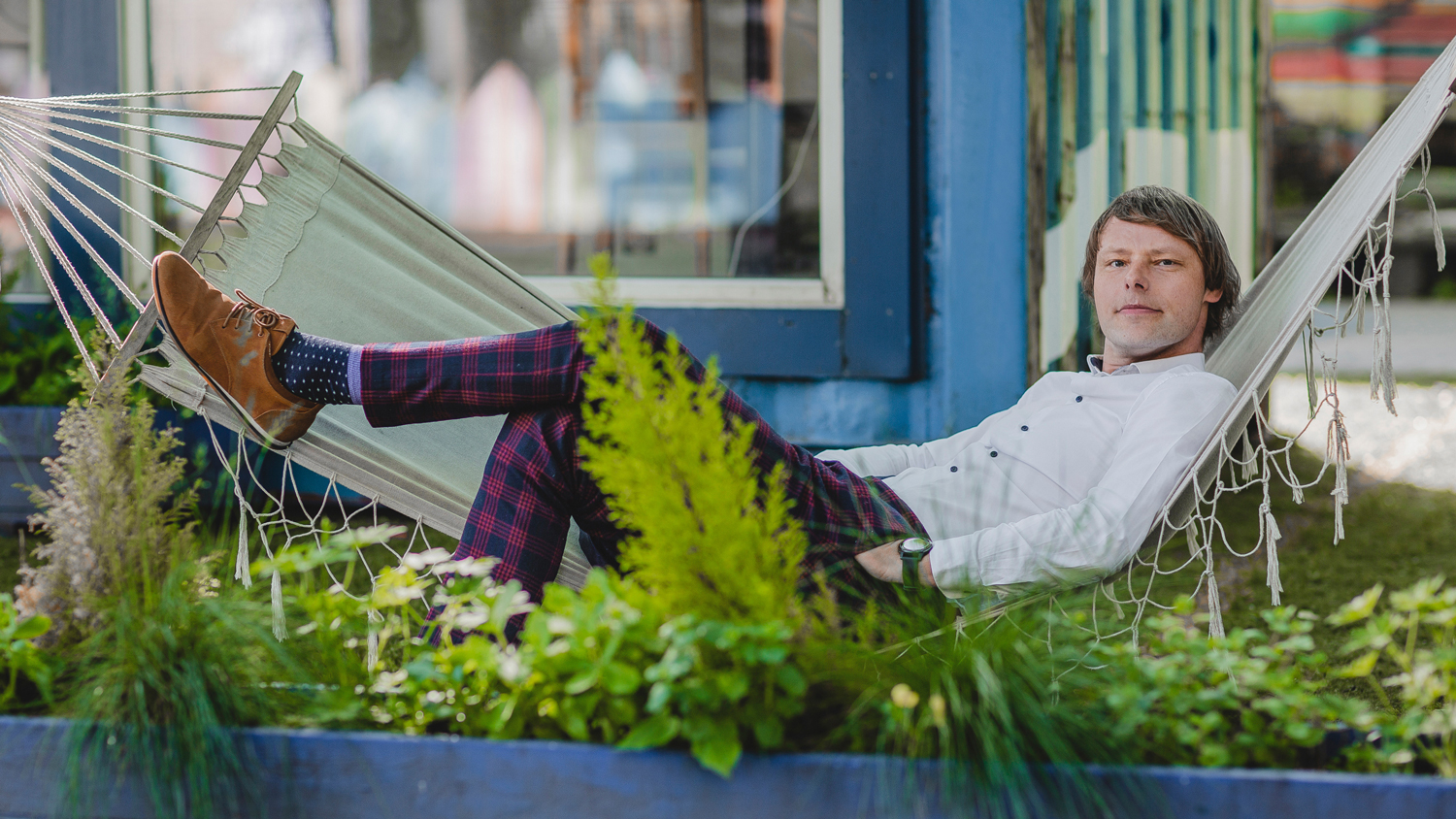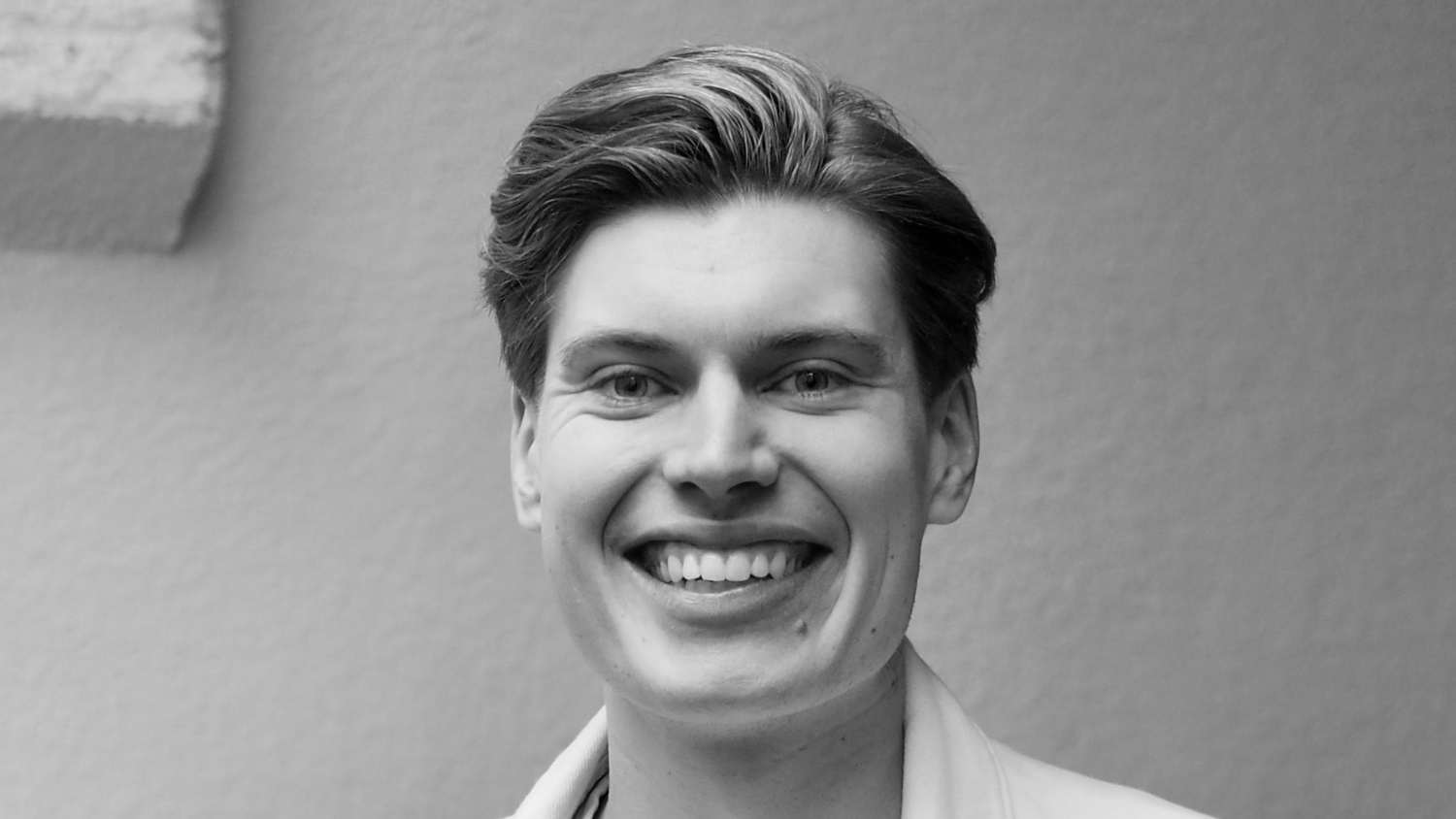Rugilė Matusevičiūtė is a climate communication specialist, environmental journalist and a podcast and radio show host on all topics sustainability. Additionally, she is part of the Oxford Climate Journalism Program and an ambassador for the EU Climate Pact.
Although Rugilė started working on sustainability in her early 20s, her life has always revolved around spending time in nature. “I was lucky enough to be born in a family where environmental protection was taught since the early days. I created a podcast about sustainability during the last year of university studies, and to this day I believe it was my railroad to success,” says Rugilė, and continues:
“What the world needs now more than ever are sustainability storytellers, people who can engage the society and promote positive collective change. We already have the facts about climate change, we already have the tools and answers to what needs to be done, but actually doing something is where we struggle. I think I managed to find this niche eight years ago, which led me to my continuous work in sustainability communications – from a podcast to a TV show, a radio show and other projects.”
With the ongoing challenges of climate change, what do you believe are the most critical actions that governments and corporations should prioritize to mitigate its effects?
I believe in carbon tunnel vision. Although saving biodiversity and solving socio-economic problems are very important aspects of sustainable development goals, I see, nevertheless, that we won’t be able to solve any other problems, if we won’t solve the most critical one – climate change. Therefore, I’m a strong advocate of focusing on reducing carbon emissions in every possible sector.
Secondly, I believe that late stage capitalism has proven to be ineffective for the bigger part of the society and we must try to create green circular capitalism where sustainability is a crucial aspect to any company’s working scheme. I think that current EU regulations are leading the way in this area, but there is still a lot of work that needs to be done.
Thirdly, we must invest in sustainability education for all age groups, especially those who have the economic power and are the most active voters during elections. These people tend to have a limited understanding of what sustainability is and why it is beneficial, which leads to a passive and ignorant society.
Finally, I find it extremely important for economically developed countries to take action and help developing countries to grow sustainably. Increasing population numbers, as well as developing societies are requiring more and more resources, which our Planet isn’t able to provide. Looking for ways to help these countries develop sustainably now – transitioning to green energy, encouraging circular economy and helping to adapt to climate change is crucial and most polluting countries must take this responsibility.
How have your experiences as a television, radio, and podcast author contributed to the spreading and understanding of sustainability topics?
I think the question kind of answers itself. Media is something we consume on a daily basis. Let’s be honest, most of us are addicted to it. So why not use this platform to educate the people and help encourage a positive change as well as give a platform for scientists to speak up? Majority of the society no longer goes to school or university, therefore, their new knowledge most of the time comes from the media, so we must make sure that the content we provide to the people is interesting, educational and encouraging.
What are the main challenges you face in sustainability communication, and how do you address them?
There are a few. First of all, sustainability still has a lot of negative connotations in our society, which makes it difficult to attract larger audiences and help them learn what it actually means.
Secondly, I think we are now moving towards a point where society’s understanding of climate change and other sustainability issues is very unbalanced – some already understand what’s happening, for others, the topic is completely new, or even unheard of. Balancing between these different levels of understanding and making sure that we provide necessary information for all is challenging.
Finally, sustainability has been receiving more and more attention from companies who tend to use it as a marketing trick, this leads to a lot of greenwashing. I think there is a lot of money being put into spreading the sustainability message, but a very large portion of it can’t be trusted.
What is your vision for the future of sustainability and climate change communication, and what changes might we expect in the next couple of years?
Well, just like with any similar job to mine, I hope one day I won’t have it. If everything is solved – my job is done, but it’s a shame to say that many generations after me might continue to work in this field, facing more and more challenges each day. What I hope for is that the word “sustainability” will lose the negative connotations it has and more people will see it as a positive idea that everybody can be a part of. I hope one day, living sustainably will be considered just a part of mindfulness and discipline, and expected from everyone everywhere in the world.
What advice would you give to young people who wish to enter the field of sustainability and contribute more to it?
You don’t have to do anything specific, to work in a sustainability field. Whether you’re a chef, an artist, a teacher or a scientist – everything you do can be done more sustainably. Find your passion and ask yourself – can this be done mindfully, sustainably and have an even more positive impact on the society? That’s it. Sustainability isn’t a specific profession or a movement, it’s an idea that can be corporated into every single action, no matter how small or big it is.
How could people contribute more to sustainable living in their everyday lives?
If we calculate what everyone of us needs to do in order to successfully reduce our personal carbon emissions, we realise that with relatively small amount of change we can achieve very impactful results, here are those things:
1. Choosing a green energy provider – this can reduce your yearly CO2 emissions by 1.6 tonnes;
2. Recycling, saving energy and eating at least one vegan dish per week – this reduces 0.7 tonnes of CO2;
3. Using public transportation – this reduces almost one tonne of CO2.
There you have it. If everybody does these things, our personal footprint is small enough to successfully fight climate change. Everything else is a responsibility of our politicians and large scale corporations.



